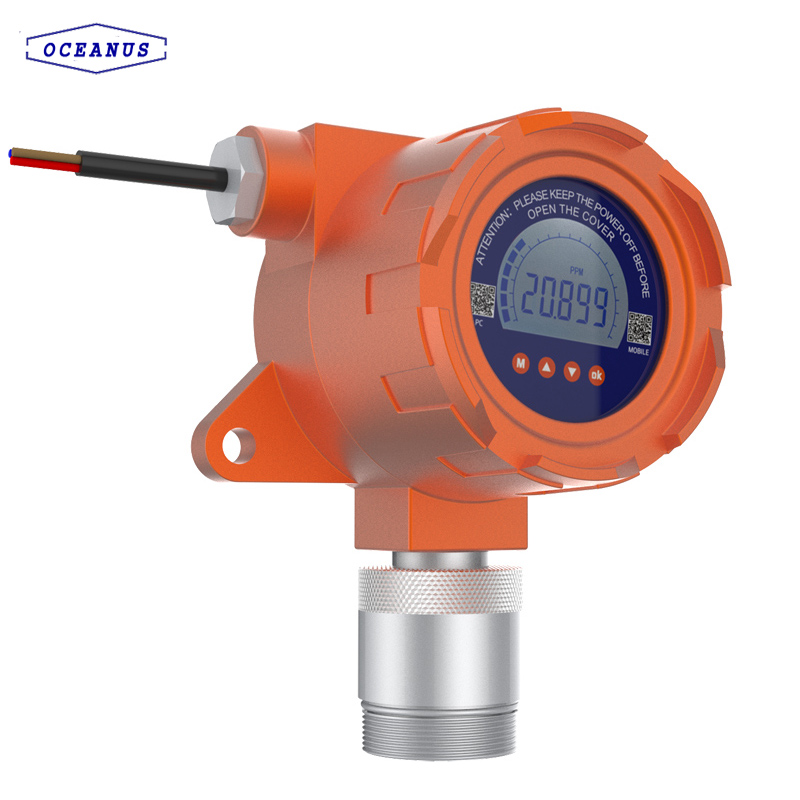Hydrogen is a single substance formed by the hydrogen element. Under normal temperature and pressure, hydrogen is a colorless, odorless, highly flammable, and insoluble gas. Hydrogen is the least dense gas known in the world. Hydrogen is a colorless, odorless, highly flammable and insoluble gas at room temperature and pressure.
At room temperature, hydrogen gas has stable properties and is not prone to chemical reactions with other substances. But when the conditions change (such as ignition, heating, use of catalysts, etc.), the situation is different. Hydrogen gas exhibits strong activity after being adsorbed by metals such as palladium or platinum (especially by palladium adsorption). Metal palladium has the strongest adsorption effect on hydrogen gas. The reaction of hydrogen with elements with high electronegativity shows reducibility, and it often shows oxidization with active metal elements. Hydrogen can undergo addition reaction with most organics in the presence of catalyst.
Hydrogen is extremely flammable and poses a risk of explosion when mixed with fluorine, chlorine, oxygen, carbon monoxide, and air. Among them, a mixture of hydrogen and fluorine can spontaneously explode in low temperatures and dark environments. When mixed with chlorine in a volume ratio of 1:1, it can also explode under light. Hydrogen, due to its colorless and odorless nature, has a transparent flame during combustion, making its presence difficult to detect by the senses. In many cases, odorous ethyl mercaptan is added to the hydrogen gas for olfactory detection and can also give color to the flame. Gas is lighter than air, and when used and stored indoors, it is difficult to expel gas that rises and stays on the roof. It can cause an explosion when encountering a fire source.
Industrial use
Hydrogen is a good chemical raw material, and synthetic ammonia consumes the most hydrogen. Approximately 60% of the world’s hydrogen is used for synthetic ammonia. Next is the production of methanol from hydrogen peroxide (H2/CO2). Hydrogen and chlorine can synthesize hydrogen chloride to produce hydrochloric acid. In addition to producing ammonia and synthesizing hydrochloric acid, hydrogen gas can also reduce the nitro groups of organic compounds to amino groups, such as nitrobenzene hydrogenation reduction to produce aniline. Various organic products can be produced by reducing alkylation with ketones or aldehydes and hydrogen gas.
Due to its good reducibility and pollution-free nature, hydrogen can replace carbon as a reducing agent for metal smelting; In addition, hydrogen can also be used for optical fiber production, metal cutting and welding, hydrogen fuel cell vehicles, distributed generation, etc.
In general, hydrogen is highly susceptible to binding with oxygen. This characteristic makes it a natural reducing agent used in production to prevent oxidation. In the high-temperature processing of glass manufacturing and electronic microchip manufacturing, hydrogen is added to the nitrogen protection gas to remove residual oxygen. In the petrochemical industry, hydrogenation is required to extract crude oil through desulfurization and hydrocracking. Another important use of hydrogen is the hydrogenation of fats in margarine, edible oils, shampoos, lubricants, household cleaners, and other products.
Medical use
Research has found that hydrogen has good effects on antioxidant, anti-aging, enhancing immunity, repairing the body itself, improving allergic constitution, and promoting metabolism. However, the effectiveness and safety of incorporating hydrogen molecules into drinking water are not supported by data. Moreover, the human body itself can produce hydrogen molecules from intestinal bacteria, and their production increases with the intake of food fiber and other nutrients.
Select hydrogen detector
1.Portable hydrogen leakage detector

The portable hydrogen leak detector can continuously detect the concentration of hydrogen in the working environment. The hydrogen leakage detector uses a natural diffusion method to detect gas concentration, and uses an electrochemical sensor, which has good sensitivity and excellent repeatability; The hydrogen detector adopts embedded micro control technology, with simple menu operation, complete functions, high reliability, and excellent overall performance. The shell of the detector is made of high-strength engineering materials and composite elastic rubber materials, with high strength and good hand feel.

The pump suction hydrogen detector adopts a built-in suction pump, which can quickly detect the hydrogen concentration in the working environment. The pumped hydrogen detector adopts an electrochemical sensor with a very clear large LCD display screen and flashing alarm prompts, ensuring that hazardous gases can be detected in very unfavorable working environments and prompt operators to prevent them in a timely manner.

The online hydrogen detection alarm consists of a gas detection alarm controller and a fixed hydrogen detector. The gas detection alarm controller can be placed in the duty room to monitor and control various monitoring points. The hydrogen detector is installed in the location where gas is most prone to leakage, and its core component is a gas sensor. The hydrogen detector converts the hydrogen concentration detected by the sensor into an electrical signal, which is transmitted to the gas detection alarm controller through a cable. The higher the gas concentration, the stronger the electrical signal. When the gas concentration reaches or exceeds the alarm point set by the alarm controller, the gas detection alarm controller sends an alarm signal and can activate external devices such as solenoid valves and exhaust fans to automatically eliminate hidden dangers. Online hydrogen detection alarms are widely used in environments such as petroleum, chemical, metallurgical, power, coal mines, water plants, etc., effectively preventing explosion accidents.
more product details
https://www.ocgasdetector.com/
Whatsapp: +8615981942832
Email: info@china-oceanus.com
